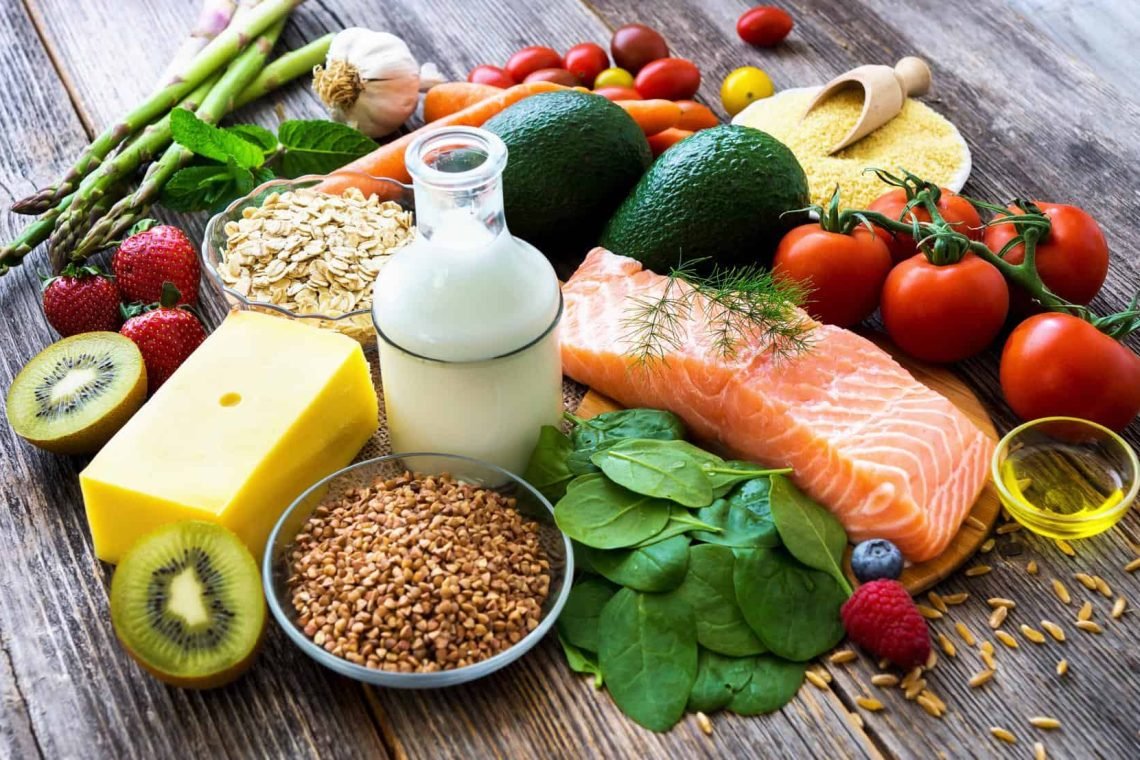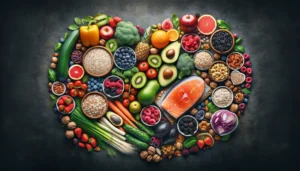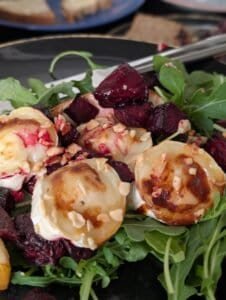The Meditteranean dietary pattern is typically based on wholefoods and minimally processed foods. It’s rich in foods known to protect against illness such as fruits, vegetables, wholegrains, fish and extra virgin olive oil and is plant-based. By plant-based I mean it is based on plants. However, this doesn’t necessarily mean exclusively plant-based.
Eating a diet closer to the Mediterranean diet has been shown to be good for a whole heap of conditions and diseases including lowering the risk of heart disease, cancer and diabetes as well as improving reproductive and mental health. There are lots of reasons why but a big one is it’s anti-inflammatory effects. The diet has been shown to reduce inflammation markers within the body. It does this by providing anti-oxidants, omega 3 fats, fibre and phytocompounds such as anthocyanin and lycopene. Studies suggest that the more people follow this diet, the less medications they have to take.
However, don’t just consider diet alone. The Mediterranean lifestyle prioritises sleep, movement, spending time with friends and loved ones, and living a low-stress lifestyle.
What does it actually look like?
Please see the table below for a list of questions to ask yourself. I explain the nutritional rational for each question in the 2nd column.
| Question to ask yourself | Dietetic rational |
| Is extra virgin olive oil used as your main fat source in meals? | It’s high in monounsaturated fat. Using it instead of butter is a healthy choice. |
| Would you use 4 tbsp of extra virgin olive oil each day? | A healthy diet isn’t a low fat diet. Instead we need to try and replace the saturated fat in our diet with unsaturated fat rather than replacing it with carbohydrate, particularly processed carbs. |
| Do you eat at least 400g of vegetables each day? | Ideally vegetables would make up half of your lunch and dinner (200g or more per meal). |
| Do you eat at least 240g of fruit each day? | Fruit, as well as veg, provides vitamins, minerals, fibre, antioxidants and protective phytochemicals. Frozen and seasonal are often best. |
| Do you eat lean red meat 3 or less times each week? | Choosing fresh meat is healthier than processed meats. If we eat too much red meat we are often not eating enough fish and plant proteins. |
| Do you eat white meat more often than red meat? | White meat tends to be leaner than red meat. However, be mindful of your portions. A portion is the size of the palm of your hand (3 oz). |
| Do you eat butter, cream or coconut oil less than once a day? | These foods are high in saturated fat. |
| Do you drink less than 1 serving of sugar-containing fluids each day? | Drinks with sugar enter our blood stream too fast, and it can be hard for our body to handle the load. Ideally choosing plain water or decaf tea/ coffee is preferable over sugar-free alternatives. |
| Are you consuming at least 3 servings (150g) of legumes each week? | Legumes offer a whole host of vitamins, minerals, fibres, antioxidants and phytocompounds. For example, beans (black, black eyed, cannellini, green, kidney, edamame), lentils (black, brown, green, red, yellow) and split peas. |
| Do you eat fish 3 at least times a week? | For example, white fish once a week, oily fish once a week and shellfish once a week? |
| Do you eat cakes, biscuits and treat-style foods of this nature less than 3 times a week? | These foods can be high in trans fats, salt and sugar. |
| Do you eat nuts and seeds daily? | Nuts and seeds provide unsaturated fats as well as phytosterols, fibre & vitamin E. |
| Do you use plants to flavour meals instead of salt? | For example, garlic, onions, herbs and spices? |











